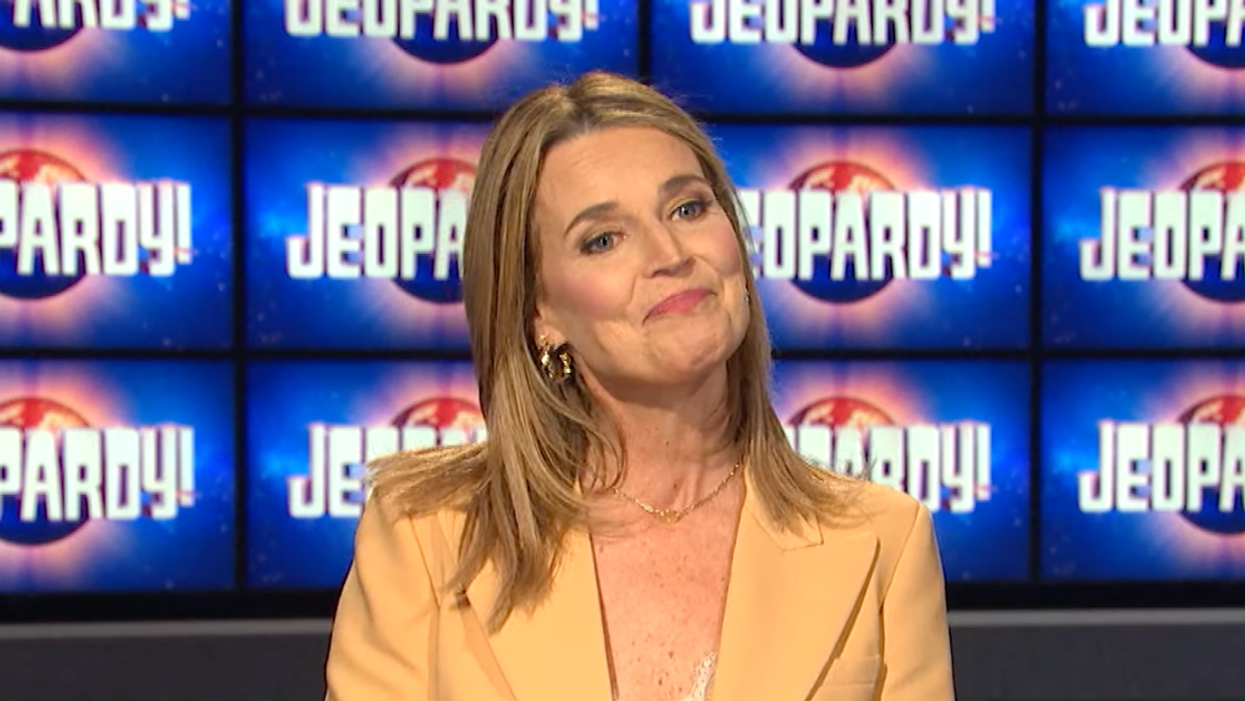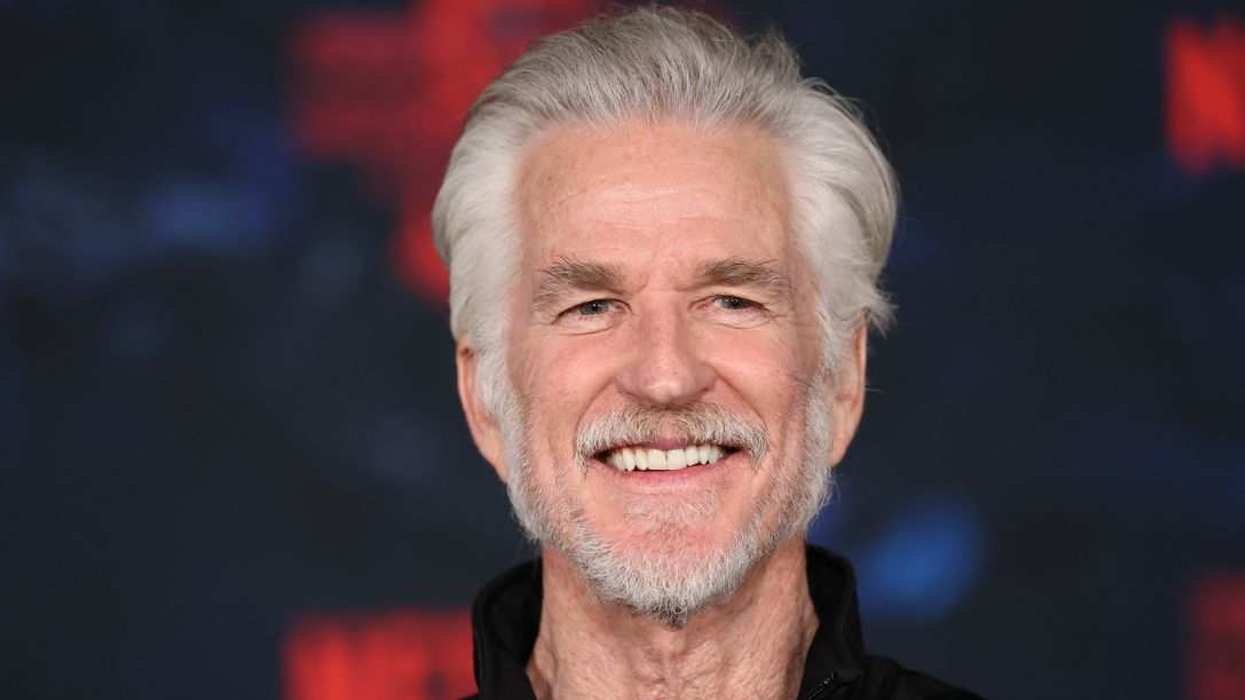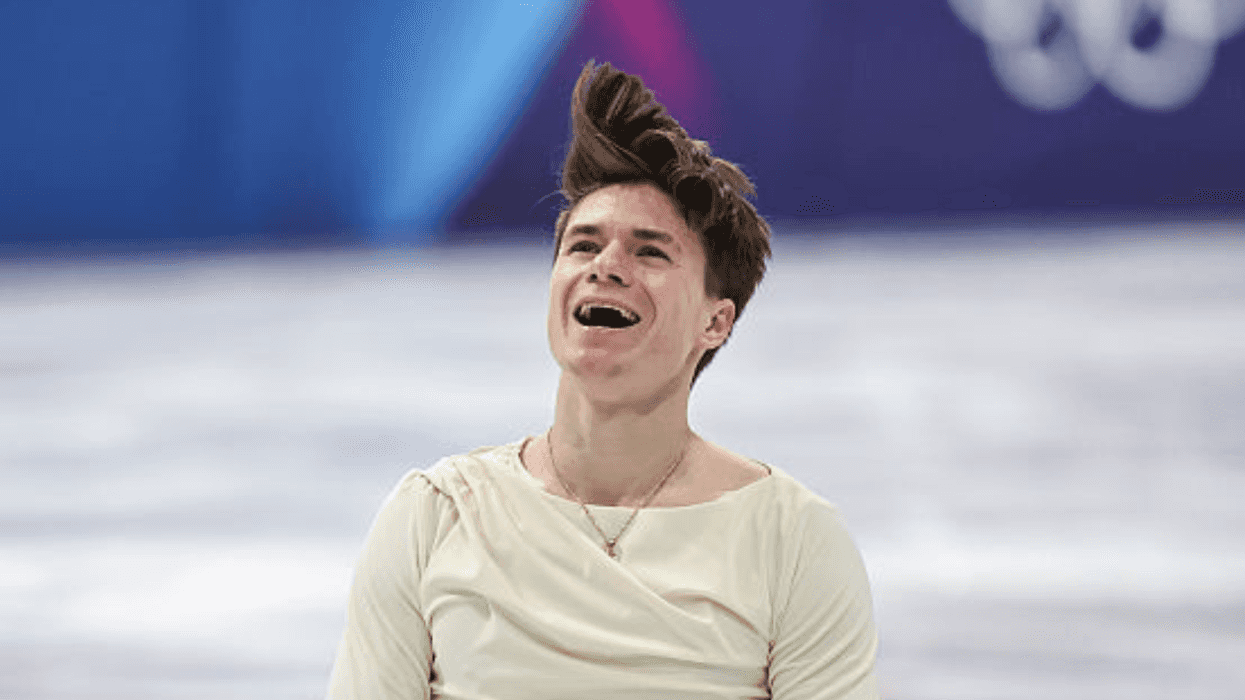It's not often the popular quiz show Jeopardy! is the subject of controversy for their questions and answers.
But Savannah Guthrie, the current guest host of the show, read a clue that included an ableist, inaccurate and outdated term for a medical condition.
The clue read:
"Postural Orthostatic Tachycardia Syndrome is also known as Grinch Syndrome because this organ is too small."
The Grinch's heart, according to the popular book and films, is "three sizes too small."
But Guthrie and the producers of Jeopardy! soon found out there was some major controversy surrounding referring to Postural Orthostatic Tachycardia Syndrome (POTS) as "Grinch Syndrome."
POTS "occurs mostly in younger women, and also includes elevated heart rate, extreme fatigue and lightheadedness as other common symptoms," according to Yahoo! .
It is not currently associated with heart size and has recently been triggered in several patients who have recovered from COVID-19.
Following the backlash, Jeopardy! issued an apology over their social media.
They wrote:
"Yesterday's program included a clue about postural orthostatic tachycardia syndrome (POTS)."
"After hearing from the community, we found we used an outdated and inaccurate term for this disorder, and we apologize."
For more information on POTS, Dysautonomia International's page contains history, causes and classifications of the condition.








 @realDonaldTrump/Truth Social
@realDonaldTrump/Truth Social






 @chappellroan/Instagram
@chappellroan/Instagram r/Fauxmoi/Reddit
r/Fauxmoi/Reddit r/Fauxmoi/Reddit
r/Fauxmoi/Reddit r/Fauxmoi/Reddit
r/Fauxmoi/Reddit r/Fauxmoi/Reddit
r/Fauxmoi/Reddit r/Fauxmoi/Reddit
r/Fauxmoi/Reddit r/Fauxmoi/Reddit
r/Fauxmoi/Reddit r/Fauxmoi/Reddit
r/Fauxmoi/Reddit r/Fauxmoi/Reddit
r/Fauxmoi/Reddit r/Fauxmoi/Reddit
r/Fauxmoi/Reddit r/Fauxmoi/Reddit
r/Fauxmoi/Reddit r/Fauxmoi/Reddit
r/Fauxmoi/Reddit r/Fauxmoi/Reddit
r/Fauxmoi/Reddit r/Fauxmoi/Reddit
r/Fauxmoi/Reddit r/Fauxmoi/Reddit
r/Fauxmoi/Reddit @ANASKHA96399553/X
@ANASKHA96399553/X r/Fauxmoi/Reddit
r/Fauxmoi/Reddit r/Fauxmoi/Reddit
r/Fauxmoi/Reddit r/Fauxmoi/Reddit
r/Fauxmoi/Reddit
 @odinikaeze/X
@odinikaeze/X @OneSixtyToOne/X
@OneSixtyToOne/X @Dazz222/X
@Dazz222/X